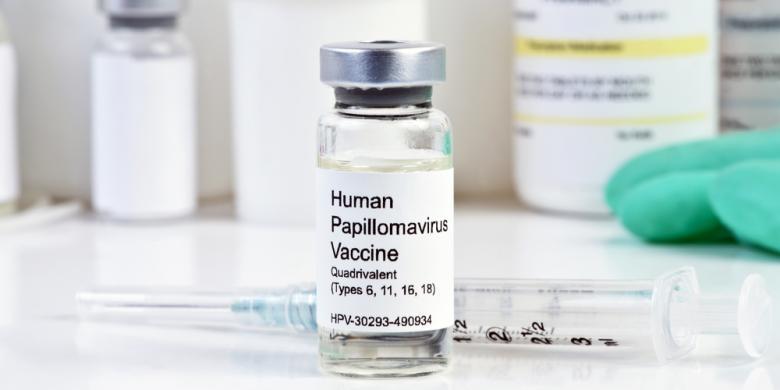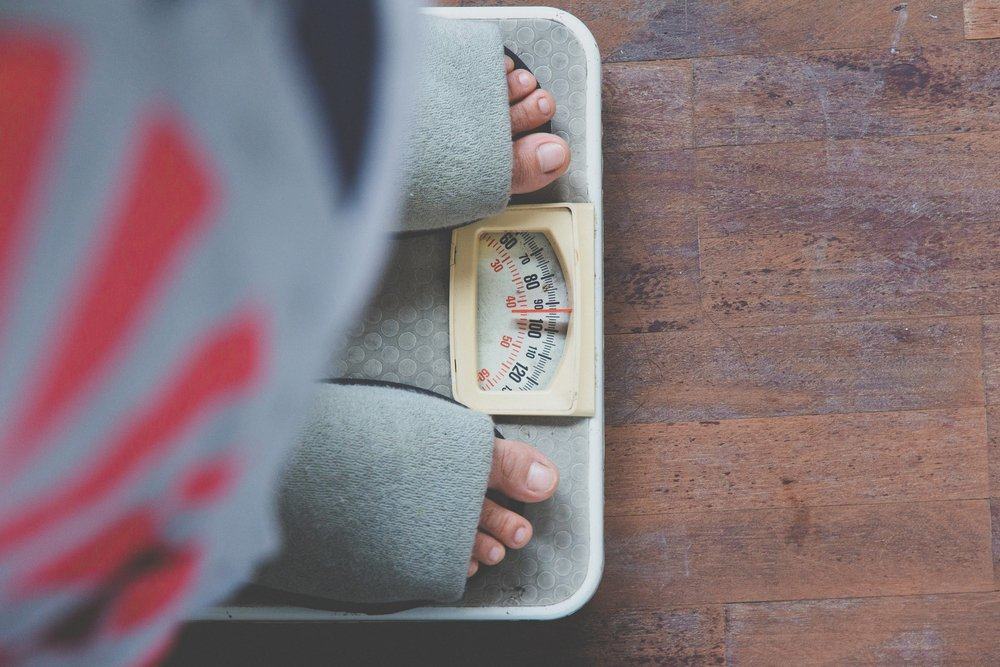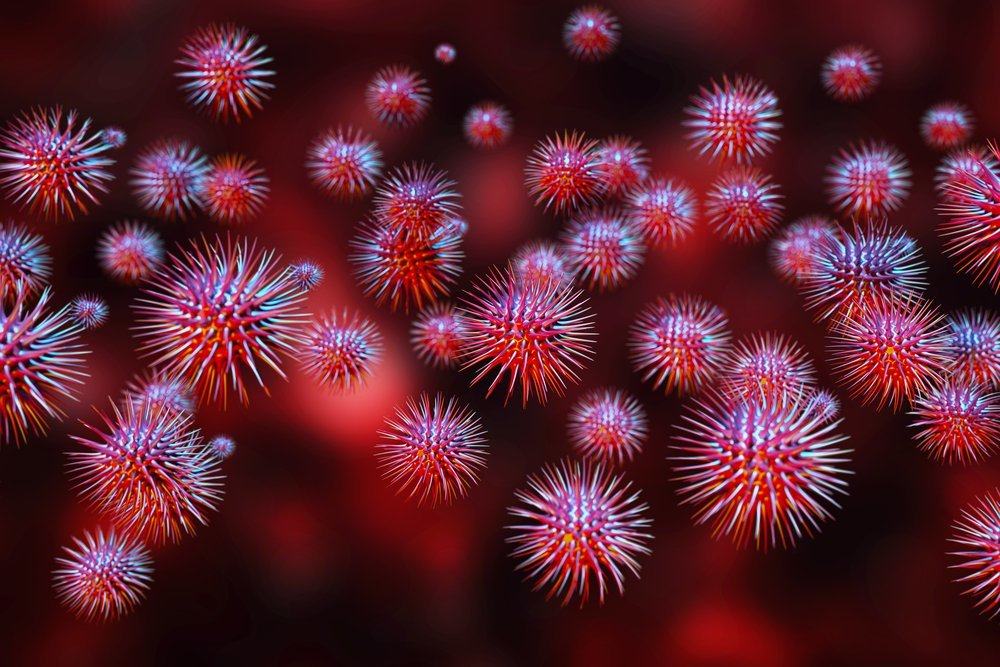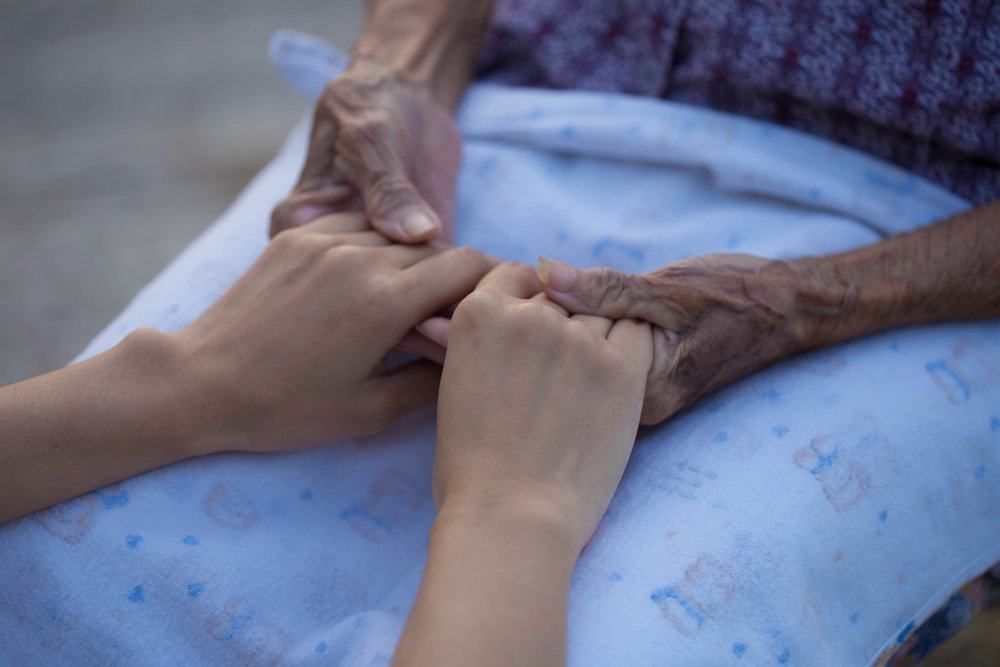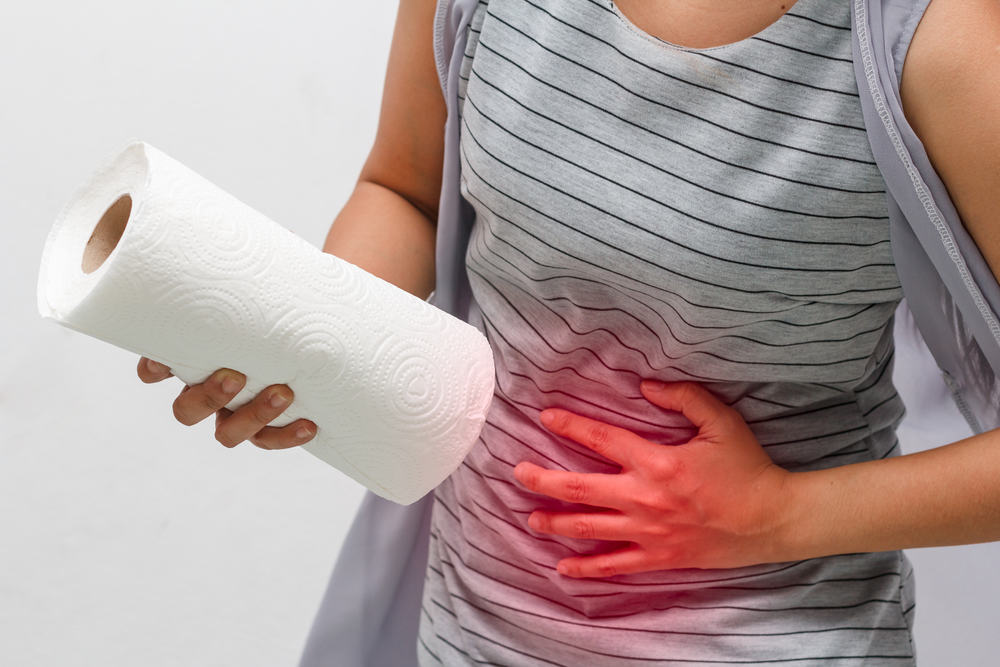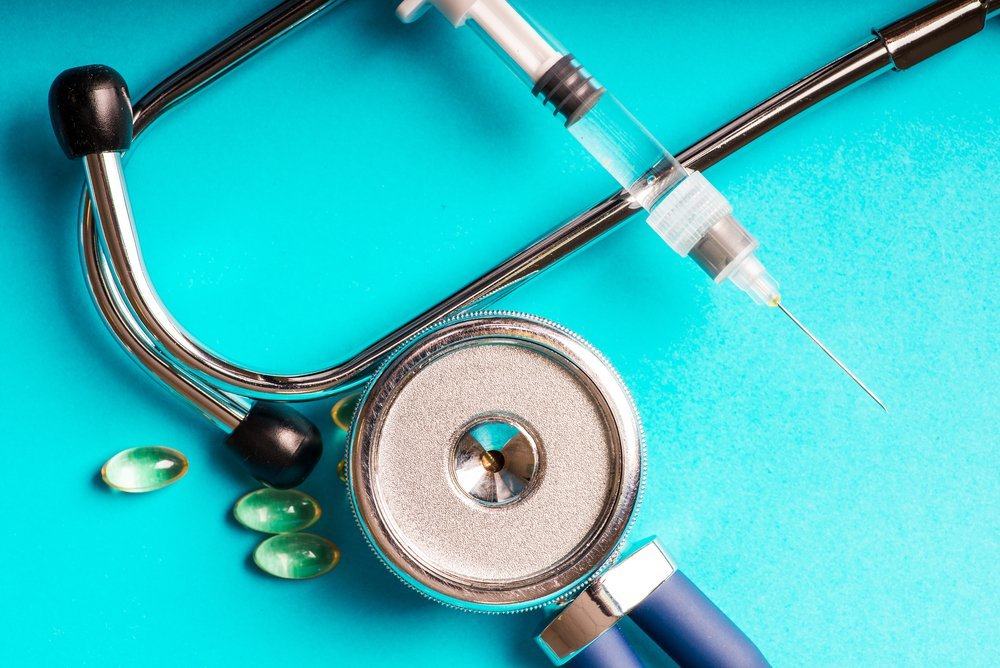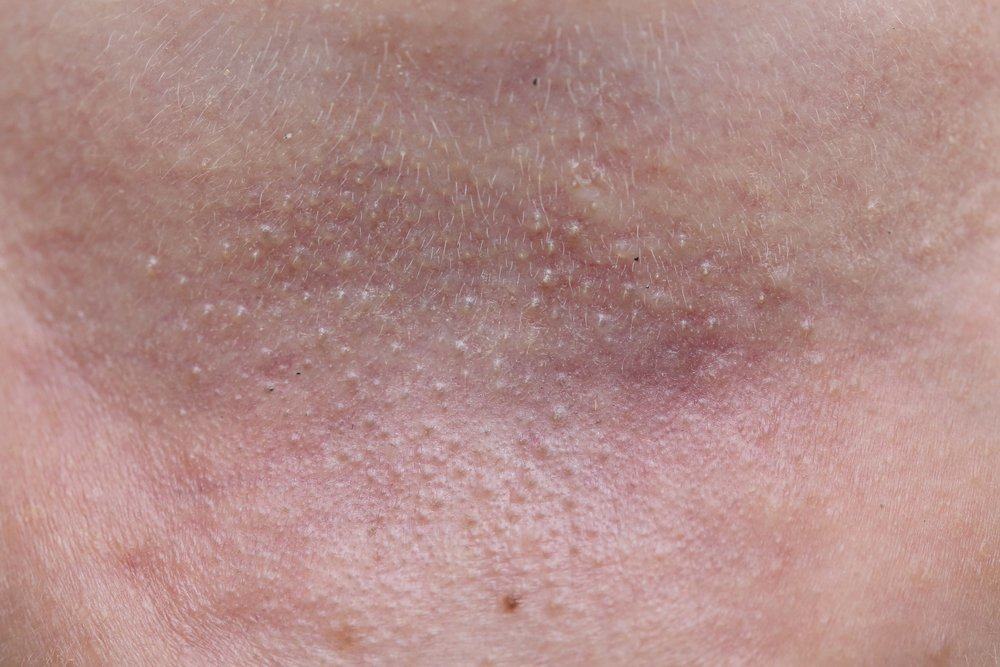Contents:
- Medical Video: The Facts on HPV
- What you need to know about HPV (Human Papillomavirus)
- 1. You can contract HPV without your awareness
- 2. There are more than 100 types of HPV
- 3. Men can also be infected with HPV
- 4. HPV can cause hoarseness
- 5. HPV can cause throat cancer
- 6. HPV can be transmitted through oral sex
- 7. Brushing your teeth can protect you from HPV
- 8. There is a vaccine for HPV
- 9. Vaccination is better done at a young age
- 10. Boys can also get vaccines
Medical Video: The Facts on HPV
More and more women are aware of the dangers and fatal risks of cervical cancer. Human Papillomavirus (HPV) is one of the most common risk factors for cervical cancer.
What you need to know about HPV (Human Papillomavirus)
Here are some facts about HPV that you should know about.
1. You can contract HPV without your awareness
If you are sexually active, you may have been infected with HPV at least once in your life. Usually, this infection will disappear by itself and there will be no long-term adverse consequences. In other cases, HPV can persist in the body and cause cell changes that can lead to cervical cancer or other dangerous health conditions.
2. There are more than 100 types of HPV
Scientists have recorded more than 170 types of HPV. Fortunately, not all of this causes a dangerous problem. About 40 types spread easily through sexual activity. At least 12 types have been linked to cancer, and among them, two types (HPV 16 and 18) most cause HPV-related cancers
3. Men can also be infected with HPV
HPV is most often associated with cancer in women, because this infection is 99% found in cervical cancer. Men cannot have uterine cancer, but they can be infected with HPV. According to the CDC, sexually active men are susceptible to HPV at one point in their lives and they are infected in the same way as women: through sexual contact. This infection can also disappear over time, eliminated by the immune system. However, if HPV continues to appear, this infection can cause cancer of the throat, penis, and anus in men.
4. HPV can cause hoarseness
HPV causes growth of warts in the genital area. But HPV can also cause warts on the throat, a condition called recurrent pepillomatosis breathing (RRP). Sometimes this growth affects sound production, causing hoarseness - the most common symptom of RRP. HPV can also cause chronic cough and respiratory problems. Surgical removal of the tumor is the most common treatment, although the warts usually recur, causing repetition of the operation.
5. HPV can cause throat cancer
RRP-related wart growth is benign, but HPV can also cause throat cancer. Actually HPV is the reason behind the increase in the number of throat cancers found in the US. Scientists estimate that by 2020, HPV can cause more throat cancer than cervical cancer. Symptoms can consist of a sore throat that does not heal, hoarseness, and pain when swallowing.
6. HPV can be transmitted through oral sex
Oral and throat cancer is quite rare, but HPV is increasingly recognized as a risk factor, which is likely to be transmitted through oral sex. The risk is quite small: Up to three out of four sexually active people aged 14-44 have had oral sex, but this type of cancer is only responsible for 3% of all cases. Smoking and alcohol are believed to be the main causes of throat cancer. However, more and more people are aware that many head and neck cancers are caused by HPV.
7. Brushing your teeth can protect you from HPV
A recent study of 3,500 people reported that those who had poor oral health had an increased risk of HPV infection 56% higher than those who maintained oral health and gums. Gum disease, tooth loss, and using mouthwash to treat dental problems in the past week are considered poor oral health.
8. There is a vaccine for HPV
There are two vaccines that have been recognized to protect against types 16 and 18 HPV, and protect against precancerous vulva, vagina, and anus. Both HPV vaccines require three doses given at different times, but new research shows that one dose may actually be enough.
In a 2013 study, the vaccine showed the same effectiveness four years after being given, regardless of whether the woman had one, two, or three doses. This is good news because only 53% of 13- to 17-year-old girls get the HPV vaccine and only about one-third complete the vaccination series. However, the best is to follow the recommendations of three vaccines.
Most women over the age of 26 are likely to have been exposed to HPV, which vaccines are no longer a deterrent. The good news, routine cervical cancer screening (Pap test) has been used for years to find cervical cancer at an early stage that can be treated. The Pap test, which looks for abnormal changes in the cervix that can be caused by HPV, is recommended for all women aged 21 to 65 years.
9. Vaccination is better done at a young age
The guide recommends that women get an HPV vaccine immediately from the age of 11-12 years, but vaccines can be given when they are as early as 9 years. The idea is to inject vaccines in children before they become sexually active in order to provide the best protection against HPV. Vaccines (any) are also recommended for girls aged 13 to 26 years who have never been vaccinated or have not received all three doses.
10. Boys can also get vaccines
There is one type of HPV vaccine that can also be given to boys aged 11-12 years, to protect children from cancerous growth in the future. Although it is less popular than other types, 9,000 HPV-related cancers that attack men every year consist of cancers of the mouth, throat, penis, and anus. Vaccinated boys can also protect their female partners indirectly by reducing transmission of HPV.
Having knowledge about HPV not only helps you prevent cervical cancer but also avoids the risk of other serious diseases. So why don't you share the information above with your friends and family?

